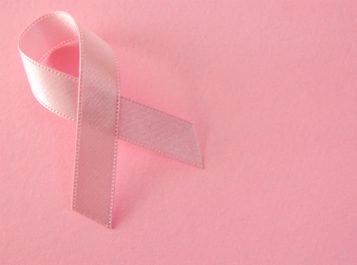News: Does money buy you breast cancer?
Money can’t buy you love, and wealth doesn’t always buy you health. According to a new study published by Statistics

Money can’t buy you love, and wealth doesn’t always buy you health. According to a new study published by Statistics Canada, money could put you at a higher risk for breast cancer. Using data from the Canadian Cancer Registry, researchers lead by Marilyn J. Borugian of the British Columbia Cancer Agency discovered that in developed countries such as Canada, women of higher socio-economic status had higher rates of breast cancer.
The study looked at Canadian cases of breast cancer from 1992 to 2004 and divided them by age and income. Among women 19 to 39, the wealthiest quintile had a whopping 25 percent higher risk than the women in the lowest income bracket.
This discovery brings to light one of the few negative health effects of having more money. Traditionally, for most chronic diseases, including cancer, incidence and mortality rates are higher among people in lower income brackets.
One possible reason for this is that women with more money have fewer children and are more likely to have their first child at a later age. And the number of children a woman has could influence breast cancer risk through the reduction of estrogen exposure during pregnancy. But even when this factor was taken into account, the connection between wealth and risk of cancer was still there. The authors’ discussion of their findings called for more studies into the impact of lifestyle, family history, occupational and residential history on cancer risk. After all, it’s not the money that’s damaging Canadian women’s health.
On a more hopeful note, there’s also a strong association between participation in mammograms and neighbourhood income, which means more early detection among higher-income women. And according to a sister study published in Stats Can’s Health Reports, breast cancer patients’regardless of socio-economic status’are more likely to survive after they go through a year of treatment.
Related:
‘ 10 ways to cut your cancer risk
‘ The killer cancer gene: What you should know about BRCA
‘ Prevent cancer with good nutrition




